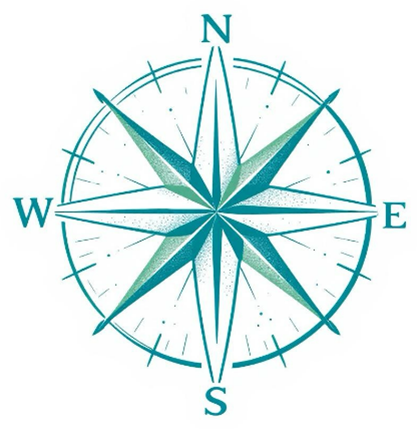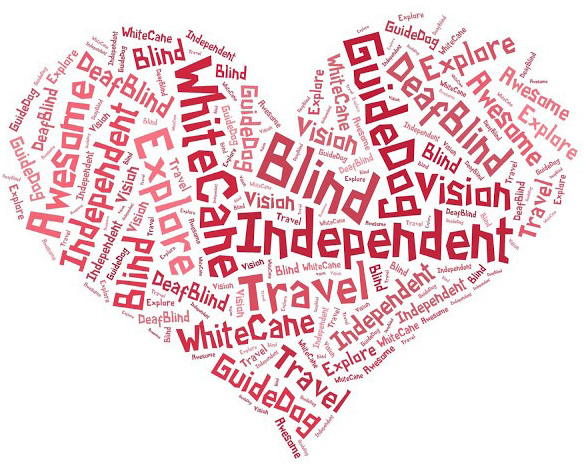
Orientation & Mobility Instruction:
Your Foundation to Freedom
Grow... Glow... Go!
What is Orientation & Mobility?
Orientation & Mobility (O&M) instruction is a set of sequential skills that people with blindness/low vision are taught in order to determine their position in space, allowing them to navigate their environment safely, independently, & efficiently.
Individualized instruction may include:
- Concept development, e.g., body awareness, directional/positional concepts, & use of auditory clues for orientation purposes
- Human Guide techniques
- Self-protective travel techniques
- Functional use of remaining vision & use of other senses to gain information about the environment
- Training in the use of prescribed low vision devices
- Utilizing landmarks/clues to aid in orientation
- Instruction in the use of the long white cane or Adaptive Mobility Device (AMD) as appropriate
- Visual & non-visual techniques for analyzing features of intersections & their traffic patterns, in order to execute safe street crossings
- Techniques for traveling safely, independently, & efficiently within indoor environments, residential areas, small & large business districts, parking lots, stores, rural areas, & both familiar & unfamiliar settings
- Tactile mapping skills
- Use of various apps for route planning & orientation purposes
- Skills to solicit/decline assistance
- Problem solving strategies when traveling along a route
- Route planning & use of public transportation
- Self-advocacy skills
My Orientation & Mobility assessments & instructional programming are individualized to meet the current & future travel needs of each student based on their functional, cognitive, & physical abilities.

Art & Science:
Peripatology
Fun Fact! Did you know that Orientation & Mobility Specialists were once called Peripatologists? In 1965, (around the same time that universities began training the people who would become the first O&M Specialists,) William P. Keating said, “Peripatology has been defined as ‘the art & science of training the remaining senses of a blind person, to enable him to move from place to place easily, gracefully, & safely, with a maximum awareness of himself & his environment.’”
Instead of telling your friends that you have an upcoming O&M lesson, you can impress them by telling them that you have a lesson with your Peripatologist! Now you know!



